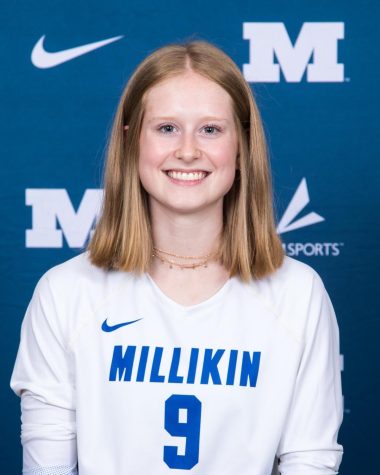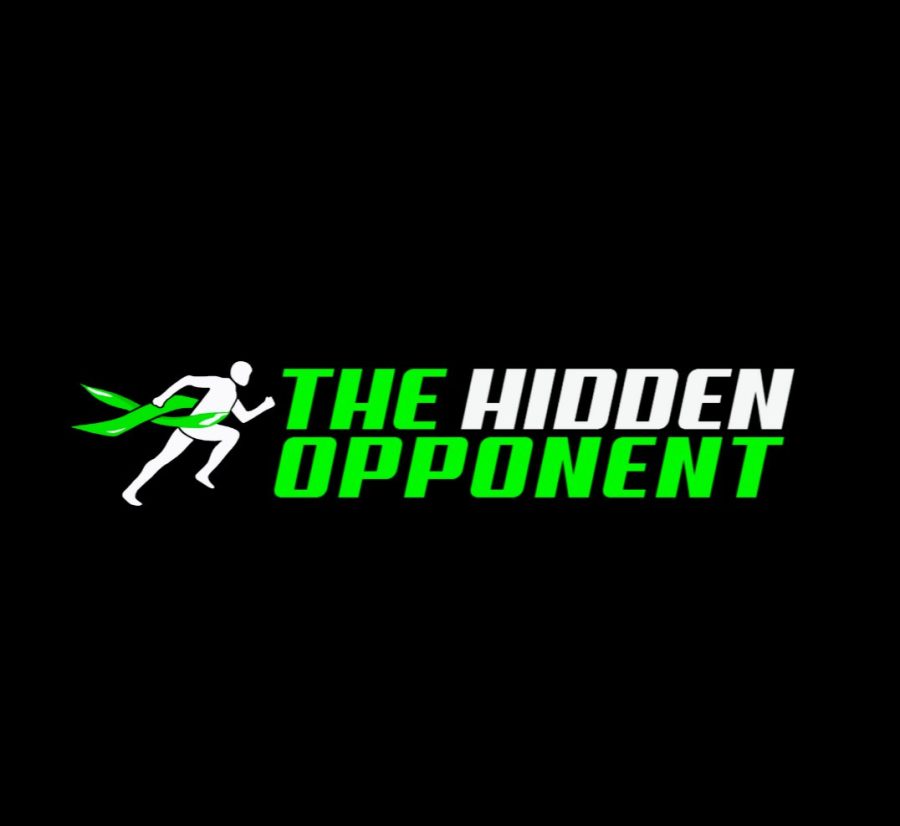The Hidden Opponent: Mental Health in College Athletes
Katie Meyer was the Stanford women’s soccer goalie from 2018-2022. She garnered national attention during the 2019 NCAA championship game, where she led her team to a national title after two key saves during penalty kicks.
In 2022, she was on national news for another reason: She had died by suicide on her college campus.
Meyer was described by all who knew her as a light to this world. She was an extremely hard worker, driven not just on the soccer field but in school as well, attending one of the most prestigious universities in America. She was one of the most talented players in the college soccer world and had professional dreams.
All of that was cut short.
Meyer, like so many other college athletes, struggled with her mental health. And Meyer, like so many college athletes, was scared to ask for help. The stigma around mental illness in athletes has long caused too many people to struggle in silence. This has to end.
One organization looking to change the narrative is The Hidden Opponent (THO). THO is a nonprofit created by former Division I volleyball player Victoria Garrick, to help open up the conversation about mental health in athletes. Garrick herself struggled with the demands of being a college athlete at the highest level, and she also felt the pressure to push through and be quiet about it. The culture of “no pain, no gain” has gotten so far to the point that young athletes would rather suffer silently than be seen as weak.
The Hidden Opponent works to help athletes feel more comfortable to ask for help and admit when they are struggling. THO has a program called Campus Captains, where college athletes can apply to be an ambassador for mental health on their college campus. The program allows athletes at any college to connect and to share their stories, and also to be a resource for people on their campus that may be struggling.
Some opportunities that Campus Captains are given are to speak with mental health professionals, to attend mental health training,and to host mental health awareness games on their campus. The program currently has hundreds of colleges with registered THO chapters, adding more every year.
I am the current Campus Captain for Millikin. Mental health is a topic I have felt passionate about for years, after struggling with it myself throughout high school and college sports. I am a volleyball player here at Millikin, and I have played sports since I was 4 years old. I was on a travel soccer team by the age of 8. At 14, I made my high school’s varsity volleyball team, and at 16 I was meeting with college coaches for possible offers. There was a point where sports turned from something I enjoyed to something I had to be good at. I went from loving practice to dreading it. I put my worth in my athletic performance.
I am just one of many athletes with this story. We began sports to learn to get along with others and to have fun. Then there came a time when winning was more important than fun, and statistics were more important than happiness. And suddenly you are 17, struggling, and alone.
When I came to college, one of the first people I met was Tori Stuart, the Campus Captain before me and my teammate on the volleyball team. She brought the program to Millikin, and I have seen firsthand how the mental health awareness games help bring people together and recognize that there are more important things than the outcome of a game.
Head wrestling coach Ryan Birt and women’s basketball coach Olivia Lett understand the importance of mental health in athletes.
“If I see an athlete that is struggling, I make time to speak with them privately and see what they need,” Birt said. “I offer my support and I let them know that counseling is available, and we work through it together.”
The wrestling program has always valued the importance of mental health, and has team meetings to let the students know about the resources on campus and that the captains and coaches are always there for conversation.
The women’s basketball program is another sport on campus that understands the importance of creating a safe space for athletes. “If we show that each of us has struggles, then it allows us to realize there are levels of struggle,” Lett said. “It’s okay to need help, but it’s also okay to encourage each other to keep fighting.
“We try to find the balance in our program and have open dialogue about those things.”
Studies have found that mental illness in athletes has been rising, but the most alarming statistic is how many athletes feel like they can’t ask for help for fear of being judged or benched. A study done by the American College of Sports Medicine found that at least 35 percent of elite athletes struggle with depression, anxiety, burnout, or eating disorders.
Disordered eating has become much more commonplace as athletes are expected to fit a certain physique, and they can feel inadequate or depressed if they do not look like that standard. A staggering 84 percent of college athletes in one study admitted to participating in some kind of disordered eating, including binge eating, strict dieting, excessive exercise, etc. per The Sport Journal.
Athletes deserve a safe space to share their struggles and receive the help they need. Many athletes fear that they will be looked down upon, whether by coaches, teammates, or the rest of the world, and that their playing time will suffer. The mentality that athletes are tougher than regular people, that athletes don’t cry, that tough coaching creates tough kids, are all creating a toxic environment in sports, where kids grow up being scared to show emotion.
The Hidden Opponent has not yet changed or reversed age old sports traditions and mindsets. But it works every day to create a better future for all athletes to come, to help reduce the amount of athletes that are too scared to come forward and get help.
Sarah Shulze. Brittany Sevens. James Peek. John Chambers. Morgan Rodgers. Bryce Gowdy. Tyler Hilinski. Robert Martin. Sean Locke. Austin Weirich. Madison Holleran.
Katie Meyer.
These are some of the college athletes that lost their lives to suicide.
These are the people The Hidden Opponent was founded for. They are the reason Victoria Garrick, THO, and Campus Captains across the nation will not stop spreading awareness and breaking the stigma. They deserved to know that they were athletes second and human first.
Resources:
- 988, the National Suicide Lifeline
- Student Mental and Behavioral Health Office – 150 South Fairview Ave.
- Hours: Monday – Friday, 9 a.m. – 4 p.m.
- Email: [email protected]
- Phone: 217-424-6360.
- A branch of the Millikin Health Clinic, available to students on campus
- Millikin Public Safety: on call staff member can answer phone calls during a mental health crisis
- Phone: 217-464-8888
- Available to Millikin Students at all times


